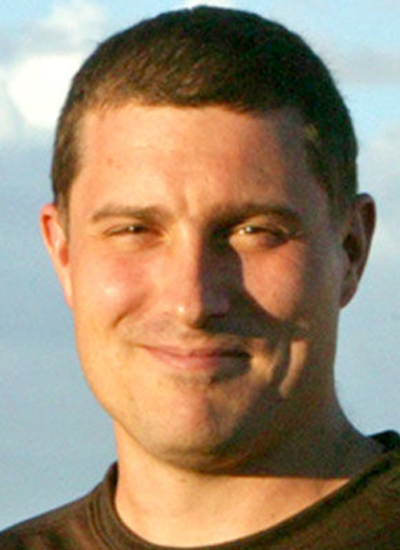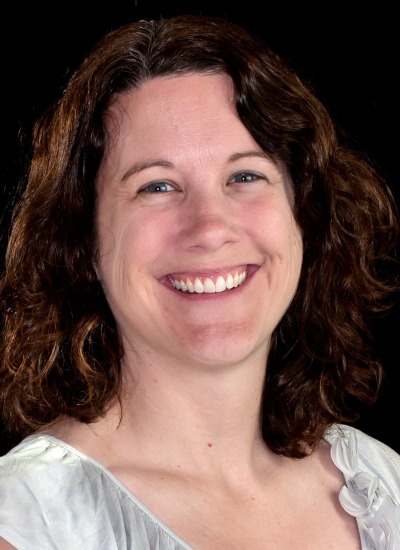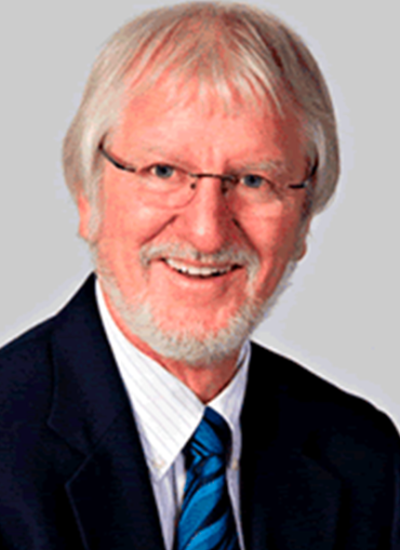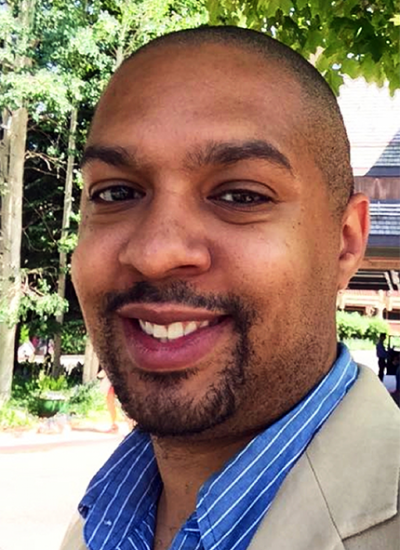Microbiology
Michael Worobey
Research Interest
Anne M Wertheimer
Research Interest
VK Viswanathan
Work Summary
Around the world, diarrhea kills ninety children every hour. My laboratory uses the latest technology to understand how bacteria cause diarrhea in children. In addition to providing clues for new ways to prevent disease, our research helps us understand how the body maintains good health.
Research Interest
Jana M U'Ren
Work Summary
We study the biodiversity, biogeography, evolutionary origins, and ecological roles of plant-associated microorganisms. We use a combination of traditional culture-based microbiology, functional assays, and next-generation 'omics tools to study microbial symbiont communities in diverse lineages of land plants at scales ranging from local to global. We are interested in characterizing the biotic and abiotic factors shaping the assembly of plant-associated fungal communities, how community structure and diversity impacts ecosystem function, and the evolutionary dynamics of fungal symbiont evolution in the context of closely related pathogens and saprotrophs.
Research Interest
Magdalene Yh So
Work Summary
How do bacteria "talk" to the body? How does the body reply to the microbe? How does this conversation affect your health and well being?
Research Interest
Sadhana Ravishankar
Research Interest
John G Purdy
Work Summary
All viruses hijack host cell machinery to facilitate their replication. My lab investigates how the production of infectious viral progeny relies on host metabolism. Our overall goal is to guide the development of novel antiviral therapies using information regarding how viruses hijack host metabolism.
Research Interest
Ian L Pepper
Research Interest
Michael D L Johnson
Work Summary
Metals such as calcium and iron are essential to living organisms. Some metals in excess, like copper, are detrimental to bacteria. My laboratory studies this phenomenon in Streptococcus pneumoniae to find novels method for killing pathogenic bacteria.
Research Interest
Pagination
- Page 1
- Next page











